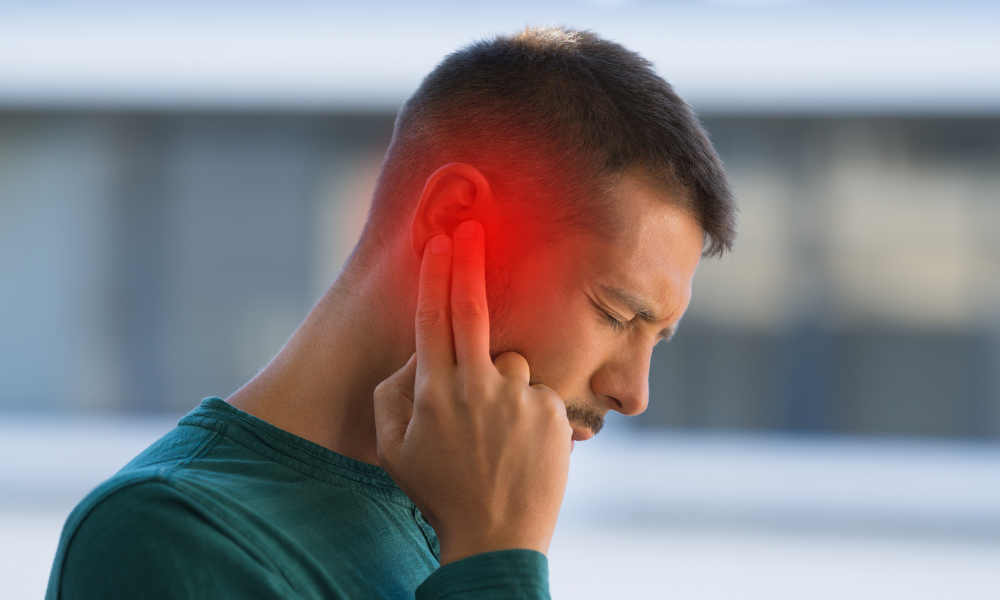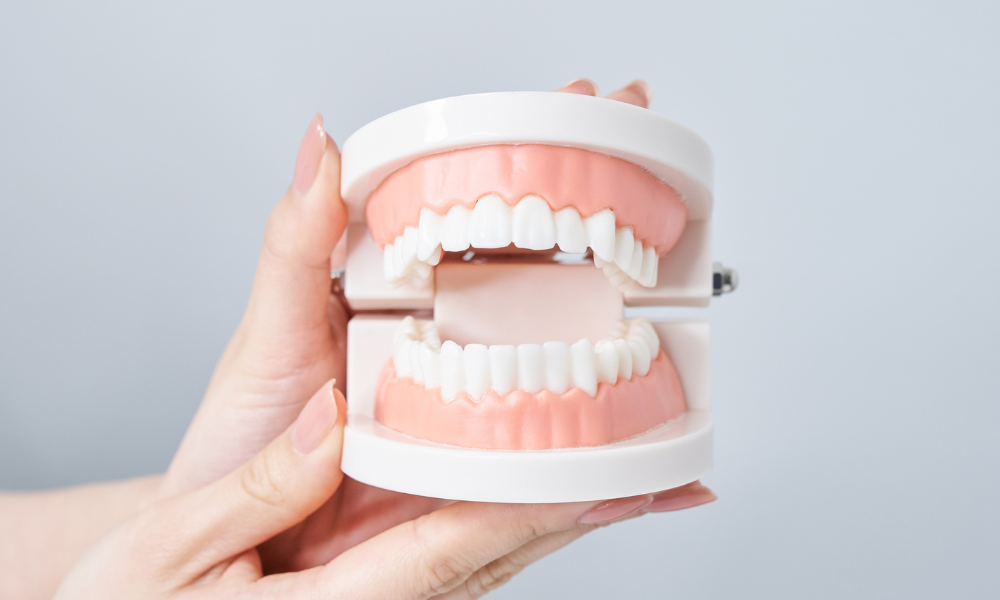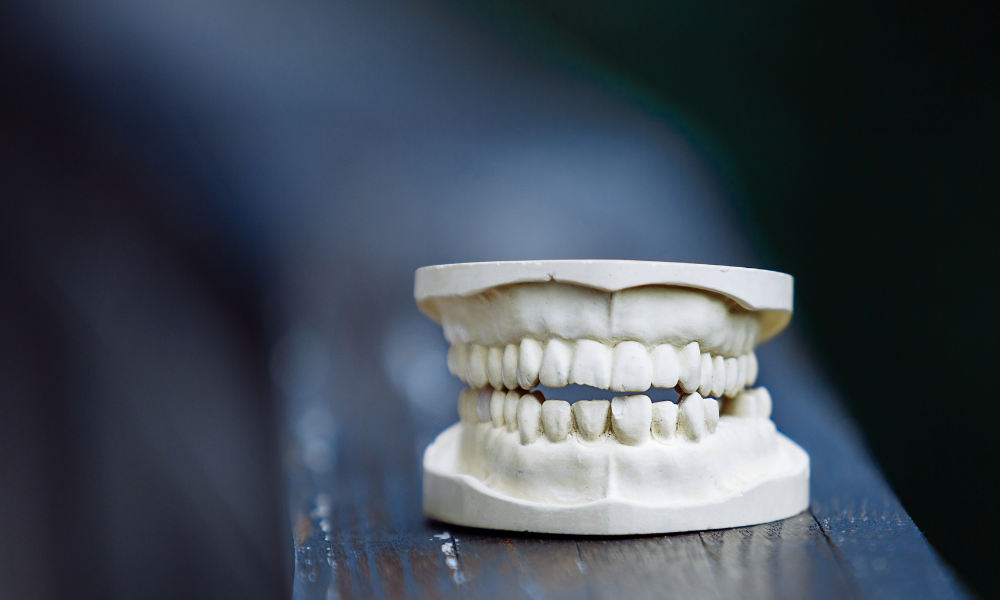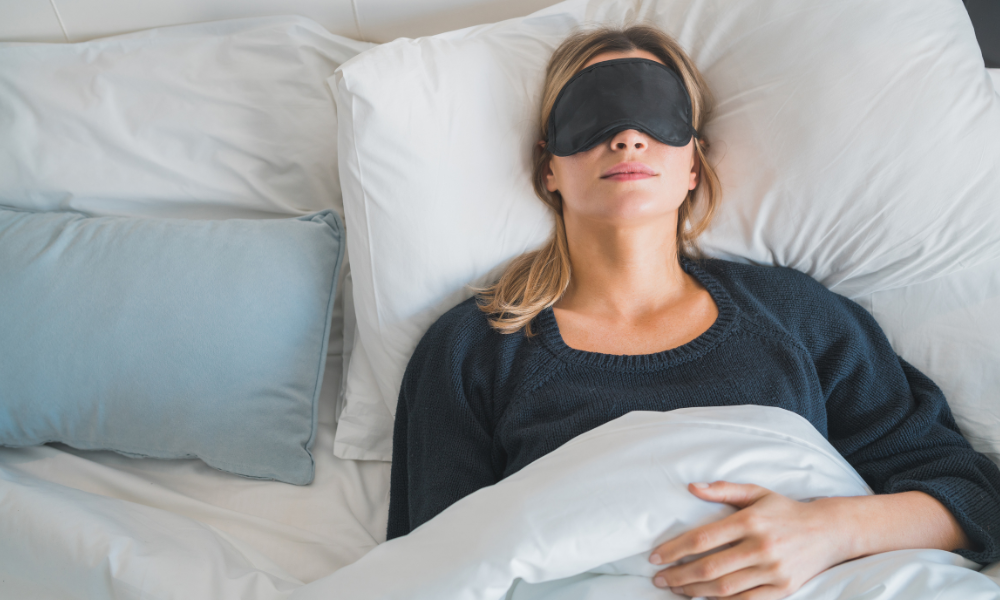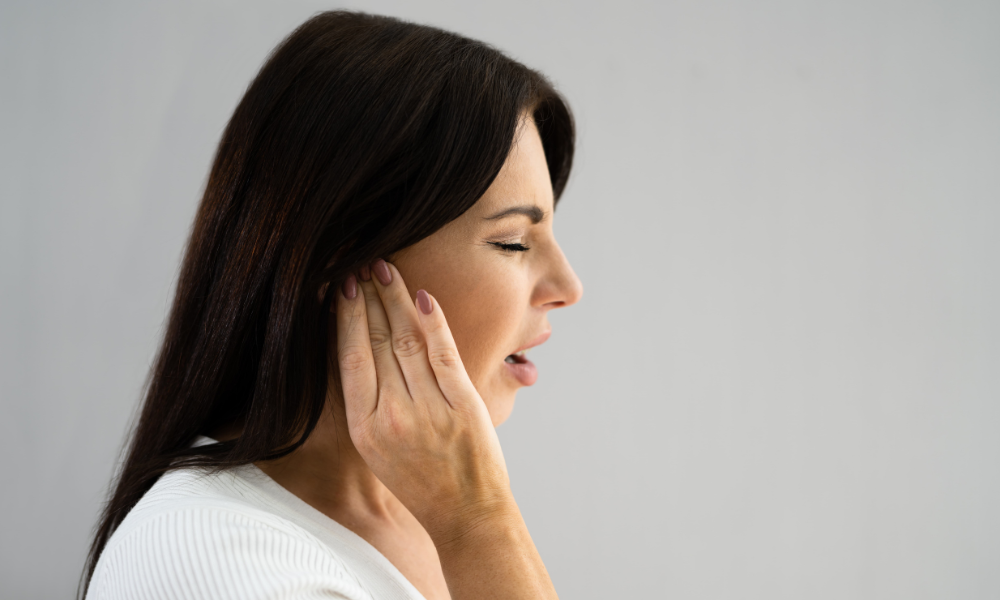
While medical intervention is essential for managing sleep apnea and temporomandibular joint (TMJ) disorders, it is equally crucial to recognize the importance of lifestyle factors in mitigating the severity of these conditions and improving treatment outcomes. By focusing on aspects like sleep hygiene, diet, exercise, and stress management, individuals experiencing sleep apnea and TMJ disorders can augment their treatment plans and gain greater control over their symptoms.
In this comprehensive guide, we will delve deeply into the lifestyle factors that can affect the progression and management of sleep apnea and TMJ disorders. We will provide practical tips and insights on how to optimize these factors to support your overall health and well-being, ultimately helping you live a better life, free from the debilitating symptoms of these conditions.
Optimizing Sleep Hygiene to Alleviate Sleep Apnea and TMJ Disorder SymptomsColumbia Center for Sleep Apnea and TMJ
Adequate sleep is essential for overall health, and sleep hygiene plays a crucial role in managing sleep apnea and TMJ disorder symptoms. By improving your sleep hygiene, you can enjoy better sleep quality and enhance your treatment outcomes. Some essential sleep hygiene tips include:
1. Consistency is Key:
Establish a consistent sleep schedule by going to bed and waking up at the same time each day to help regulate your body's internal clock.
2. Create a Restful Environment: Make your sleep environment relaxing and comfortable, free from distractions, and conducive to restorative, quality sleep.
3. Establish a Relaxing Pre-Sleep Routine: Develop habits that help signal to your body that it is time to wind down, such as dimming the lights, reading a book, or engaging in relaxation techniques like deep breathing exercises.
4. Limit Stimulants and Disruptions:
Avoid caffeine, nicotine, and other stimulants close to bedtime, and minimize exposure to screens and electronic devices in the hour before sleep.
Columbia Center for Sleep Apnea and TMJBoosting Overall Health with Diet and ExerciseColumbia Center for Sleep Apnea and TMJ
Maintaining a balanced diet and engaging in regular exercise can have a significant impact on sleep apnea and TMJ disorder management. By following these tips, you can improve your overall health, maintain a healthy weight, and minimize inflammation that may contribute to these conditions:
1. A Nutrient-Dense Diet:
Fill your plate with a variety of fruits, vegetables, lean proteins, whole grains, and healthy fats to support overall health and provide essential nutrients required for optimal body function.
2. Stay Hydrated:
Drinking plenty of water throughout the day is crucial for overall health and can help alleviate TMJ pain.
3. Manage Portion Sizes: Keep your meal portions in check to prevent weight gain, which can exacerbate sleep apnea symptoms and contribute to TMJ-related pain.
4. Regular Physical Activity:
Aim for at least 150 minutes of moderate-intensity aerobic exercise per week, such as brisk walking, swimming, or cycling, and include resistance exercises to improve muscle tone and overall strength. Exercise can also improve sleep quality and reduce the severity of sleep apnea symptoms.
Columbia Center for Sleep Apnea and TMJManaging Stress to Support Sleep Apnea and TMJ Disorder TreatmentColumbia Center for Sleep Apnea and TMJ
Stress management is an essential component of any lifestyle-based approach to managing sleep apnea and TMJ disorders. Some strategies to minimize stress and its impact on these conditions include:
1. Mindfulness Practices: Incorporate mindfulness techniques, such as meditation or progressive muscle relaxation, into your daily routine to improve stress management and promote relaxation.
2. Develop Coping Strategies: Identify healthy coping mechanisms for managing stress, such as talking to a friend, engaging in a hobby, or taking a walk in nature.
3. Seek Professional Support:
Work with a mental health professional to address underlying stressors and develop effective coping strategies that support your overall health.
Columbia Center for Sleep Apnea and TMJCoordinating Your Healthcare with Columbia Center for Sleep Apnea and TMJColumbia Center for Sleep Apnea and TMJ
Collaborating with your healthcare providers is essential for successful sleep apnea and TMJ disorder management. By working closely with Dr. Bloxham at Columbia Center for Sleep Apnea and TMJ, you can:
1. Develop an Integrated Treatment Plan: Combine medical interventions, lifestyle changes, and self-management techniques to optimize treatment outcomes and minimize the impact of sleep apnea and TMJ disorders on your life.
2. Monitor Your Progress:
Regularly check in with your healthcare provider to discuss your progress and make adjustments to your treatment plan as needed.
3. Access Ongoing Support: Receive encouragement and guidance as you navigate the challenges of living with sleep apnea and TMJ disorders, ensuring you never face this journey alone.
Conclusion
Sleep apnea and TMJ disorders can take a toll on your overall well-being, but by focusing on improving lifestyle factors like sleep hygiene, diet, exercise, and stress management, you can better manage your conditions and enhance treatment outcomes. Dr. Jared Bloxham at Columbia Center for Sleep Apnea and TMJ in Richland, WA, is here to support you through this process, providing individualized care and guidance to help you on your journey to optimal health. Take the first step toward living better with sleep apnea and TMJ disorders today by scheduling your appointment with our compassionate
center for sleep apnea and TMJ in Richland.
